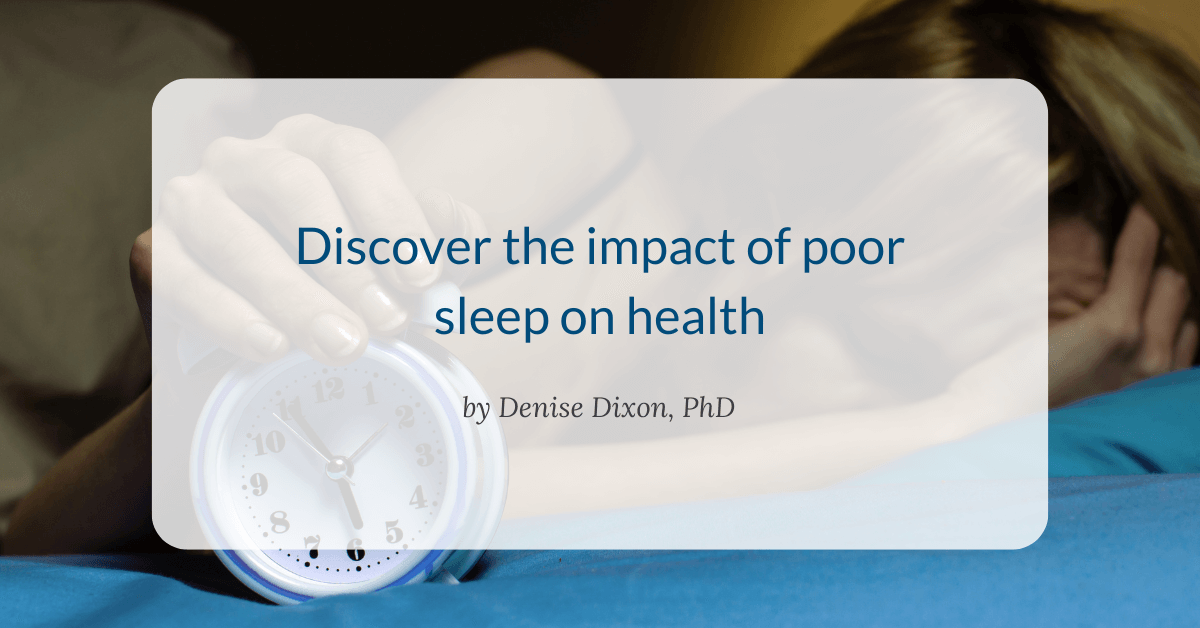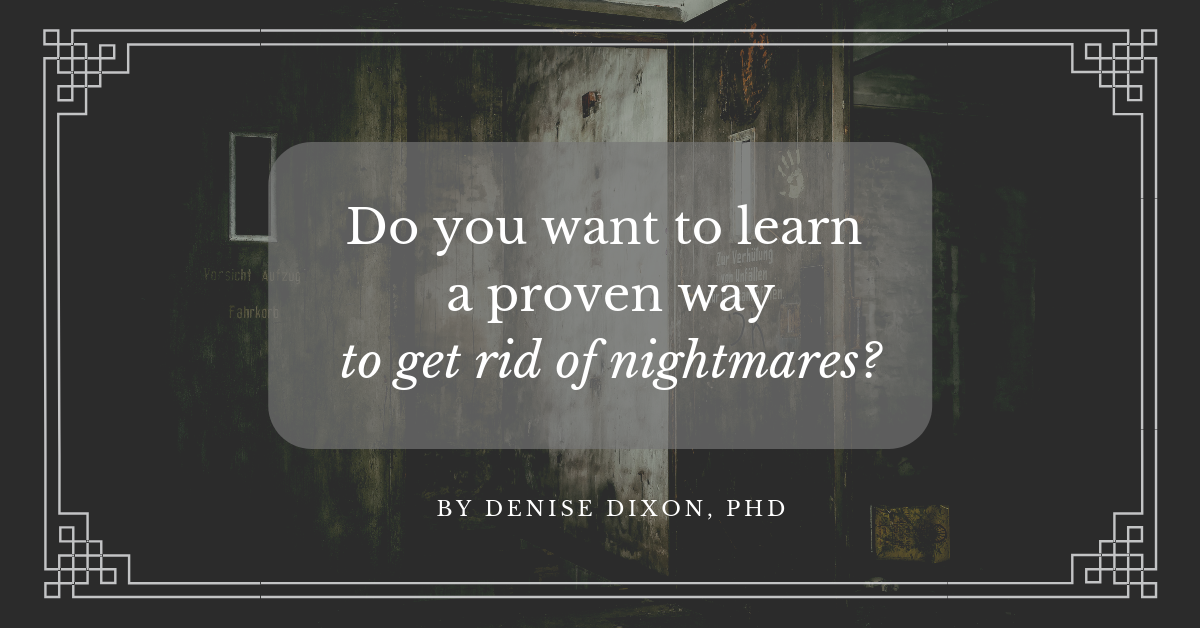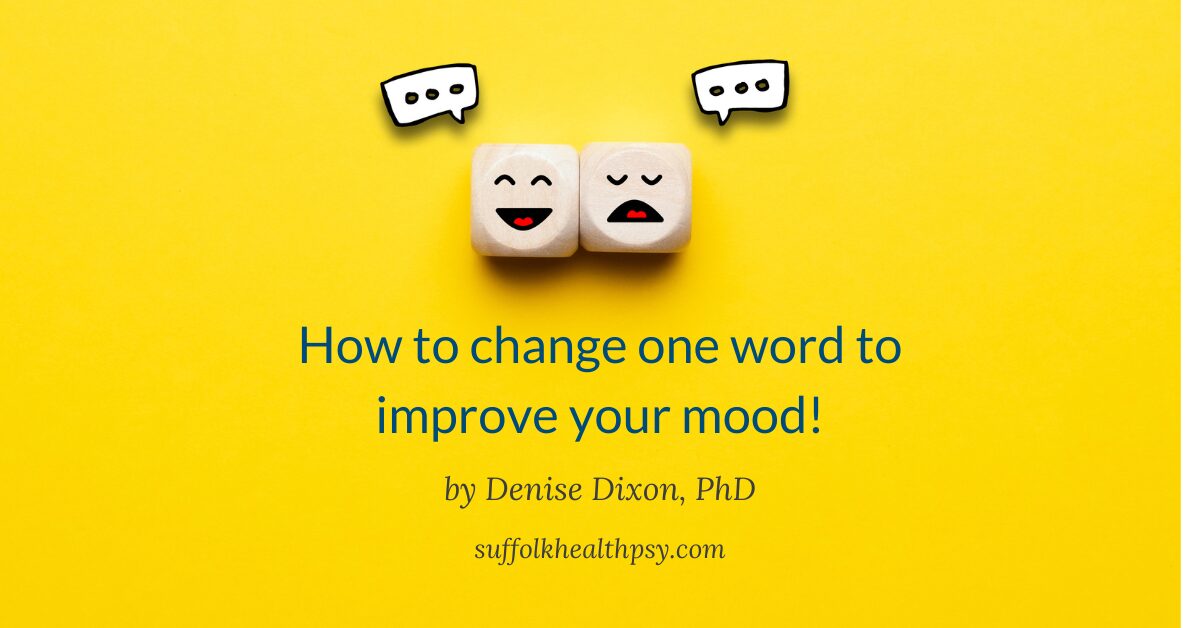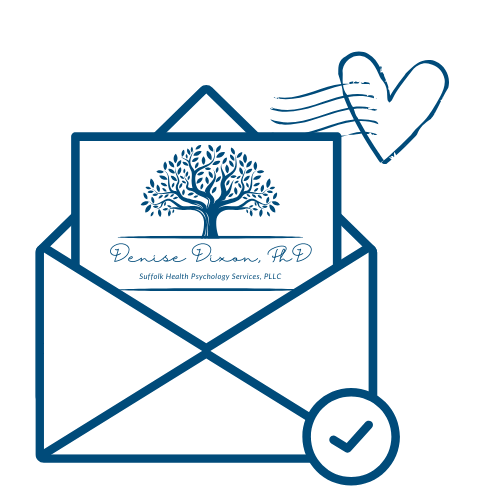Exploring the Global Sleep Landscape
Understanding Sleep: A Global Perspective
Explore the nuanced interplay of sleep satisfaction across various cultures and regions and its significant influence on overall well-being as revealed by the IKEA report that engaged over 55,000 participants from 57 different markets.
Yearning for Additional Slumber
the global sleep gap
1 hour 20 minutes
Worldwide Sleep Trends
Global Sleep Patterns
- People getting enough sleep in Mainland China 82%
- Egyptian’s rating high sleep quality 64%
- Norwegians waking up feeling tired 56%
- People in India using sleep medications 37%

Mainland China stands out as the sole market where individuals consistently report an impressive average of more than 7 hours of restful sleep each night.
cultural differences in sleep
sleep around the world
The IKEA Sleep Score was calculated based on respondents’ answers to questions about five factors that make up good sleep (sleep onset, sleep duration, sleep quality, sleep flow, wake-up state), and ranging from 0 to 100.
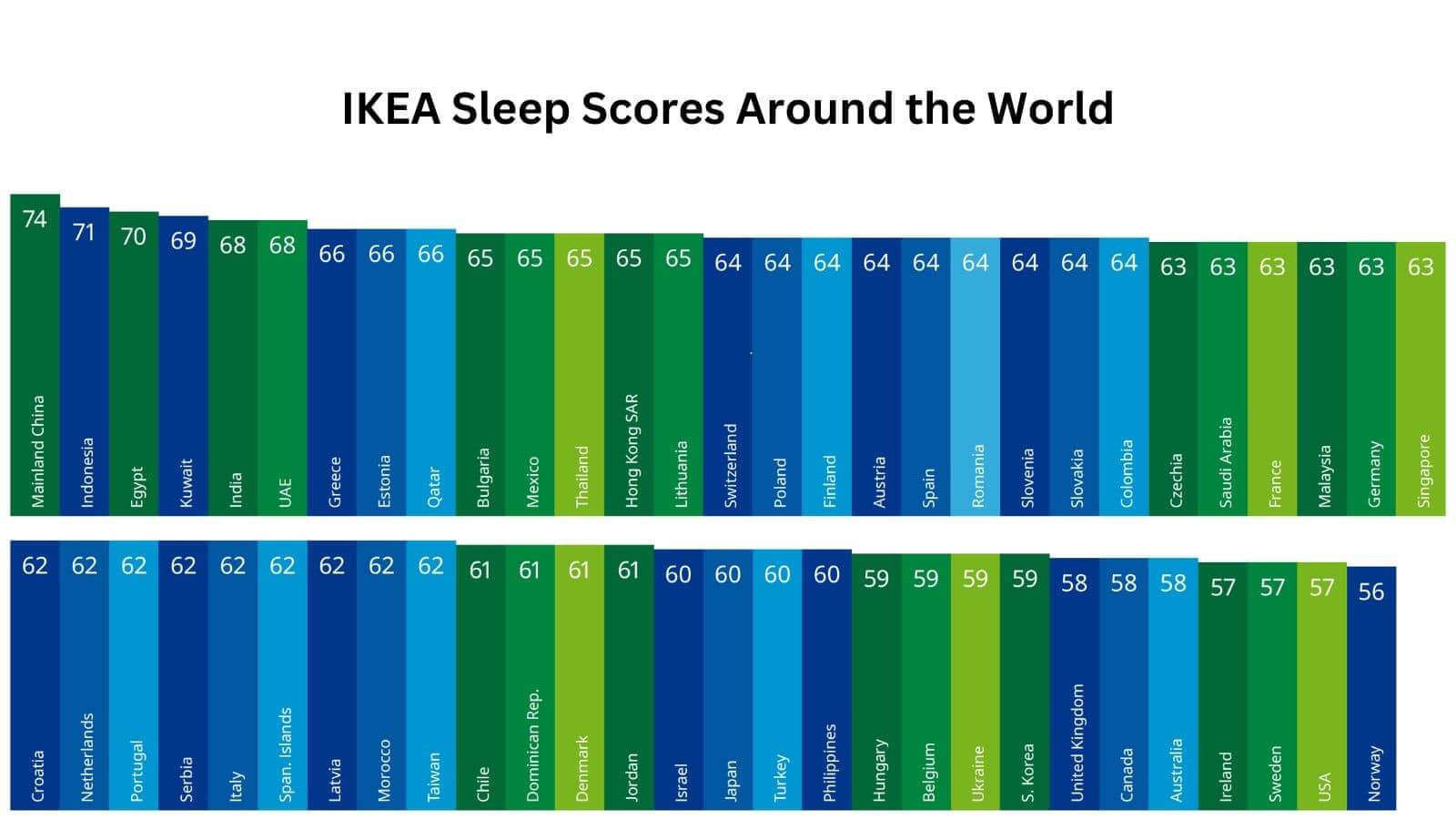
Many nations that score highly, including Indonesia and India, prioritize family values. The strength of social connections fosters a sense of community and purpose, which contributes significantly to overall happiness, ultimately influencing sleep quality as well.
Global Sleep Satisfaction: A Closer Look
Sleep Quality: Egypt's Triumph and Norway's Challenge
In a world where rest is often undervalued, Egypt stands out with an impressive 64% of its population reporting high sleep satisfaction, the highest globally. This contrasts sharply with Norway, where despite high happiness rankings, 56% of Norwegians wake up feeling tired, highlighting a significant sleep quality issue. These findings suggest that cultural attitudes towards rest and productivity play a crucial role in sleep satisfaction.


Cultural Influences on Sleep
The Role of Rest in Modern Society

In many cultures, rest is not merely a necessity but a cherished tradition. Societies that value downtime often report higher sleep satisfaction, as they embrace practices that honor the body’s natural rhythms. From afternoon siestas to evening wind-down rituals, these habits foster an environment where sleep is respected and prioritized. By understanding these cultural nuances, we can learn to balance productivity with the essential need for rest, ultimately enhancing our overall well-being.
Understanding Sleep Disruptors
top three Factors That Disrupt Sleep
technology
Excessive use of digital devices before bedtime can significantly disrupt sleep patterns, leading to reduced sleep quality and increased fatigue.
stress
Chronic stress and overthinking are major contributors to sleep disturbances, affecting both the duration and quality of rest.
environment
A sleep environment that is excessively hot or cold, overly noisy, or too bright can significantly hinder your ability to achieve restful sleep.
Sleep in The Digital Age
Technology in the bedroom
Phone use
%
global average
%
18-24 year olds
%
65+ year olds
%
Women
%
Men
Laptop/Tablet use
%
global average
%
18-24 year olds
%
65+ year olds
%
Women
%
Men
tv use
%
global average
%
18-24 year olds
%
65+ year olds
%
Women
%
Men
The Digital Divide in Sleep Quality
Technology's Role in Sleep Disruption
The widespread reliance on technology as a sleep disruptor is alarming, with a remarkable 72% of individuals globally admitting to using their phones in bed, a statistic that rises to 86% among young adults aged 18-24, underscoring a growing dependence on digital devices. This trend leads to a troubling reality where screen time increasingly encroaches upon vital sleep, causing delays in falling asleep and a decline in overall sleep quality. The constant barrage of digital notifications and the expectation to remain perpetually connected can heighten stress levels, further disrupting sleep patterns. Therefore, it is essential to cultivate a bedtime routine that minimizes distractions and facilitates a calm mental state, paving the way for restorative sleep.
The sleep-mind connection
mental health barriers to sleep
%
Sleep disorders
%
Overthinking
%
Anxiety disorder
%
Feeling stressed
Understanding Sleep Disruptors
The Impact of Stress and Finances on Sleep

Financial Stress and Sleep Quality
Impact on sleep flow
%
Wake up 2+ times: Average Earners
%
Bad Dreams / Nightmares: High-Income Earners
%
Wake up 2+ times: Finacially insecure
%
Bad Dreams / Nightmares: Low-Income Earners
Exploring Sleep Inequalities
Demographics with Lower Sleep Scores
Sleep quality varies significantly across different demographics, with certain groups consistently scoring lower on sleep assessments.
Renters
Renters often face instability and stress related to housing, which can negatively impact their sleep.
Women
Women, especially those with young children, experience frequent disruptions due to caregiving responsibilities, leading to fragmented sleep patterns.
Lower income
Individuals facing financial insecurity are more likely to encounter sleep difficulties due to systemic stressors and economic pressures.
Lower education
LGBTQ+
Individuals who identify as LGBTQ+ often experience unique stressors linked to their membership in marginalized communities.
Disabilities
Targeted interventions are essential to address the distinct challenges faced by these populations. By gaining insights into the underlying factors that lead to lower sleep scores, healthcare professionals and policymakers can craft effective strategies aimed at enhancing sleep health within varied communities. Developing nurturing environments and providing resources specifically designed for these groups can help narrow the sleep gap and foster improved health outcomes for everyone.
Rest Is A Treasure
sleep as one of life's greatest joys

Prioritizing Rest
Sleep Enthusiasts Unite
- Indonesia 73%
- Thailand 71%
- Philippines 68%
- Singapore 66%
- Egypt 65%
Sleep is the ultimate bio-hack for our bodies, ensuring we are refreshed and ready for the day ahead. In our fast-paced modern world, the importance of quality sleep has never been more pronounced, prompting many to pay closer attention to their sleep habits. If you’re eager to connect with fellow sleep enthusiasts, consider planning a trip to one of these nations that celebrate the art of restful slumber.
Enhancing Sleep Quality
Simple Changes for Better Rest

Improving sleep quality doesn’t always require drastic changes; sometimes, small adjustments can make a significant difference. Establishing a consistent sleep schedule by going to bed and waking up at the same time each day helps regulate the body’s internal clock. Creating a relaxing bedtime routine, such as reading or taking a warm bath, signals to the brain that it’s time to wind down. Additionally, transforming the bedroom into a sleep-friendly environment by reducing noise, dimming lights, and ensuring comfortable bedding can enhance sleep quality.
Reassessing our approach to rest is essential in a world that often undervalues sleep. Emphasizing the importance of rest as a foundation for success, rather than a hindrance, can shift societal attitudes towards sleep. Encouraging practices that promote relaxation and stress reduction, such as mindfulness and physical activity, can further support better sleep. By prioritizing these small changes, individuals can achieve more restful nights and improve their overall health and well-being.
top tips for better sleep
Establish a Consistent Routine
Develop Healthy Bedtime Rituals
Create a Sleep Sanctuary
Practice Relaxation Techniques
Limit Screen Time Before Bed
Maximize Daylight Exposure
Monitor your diet
Engage in regular exercise
Release sleep pressure
Focus on overall rest quality
Avoid heavy meals late
Reduce caffeine intake
Limit alcohol consumption
Try Audiobooks or Podcasts
Invest in Comfortable Bedding
Dim Lighting in the Evening
Use White or Brown Noise Machines
Consider Professional Help
Transform Your Sleep Health Today
Discover the transformative power of restorative sleep and elevate your overall health by scheduling a sleep evaluation with Dr. Dixon. Delve into the benefits of Cognitive Behavioral Therapy for Insomnia (or CBT-I), and embark on your journey toward achieving deeper, more rejuvenating sleep.

